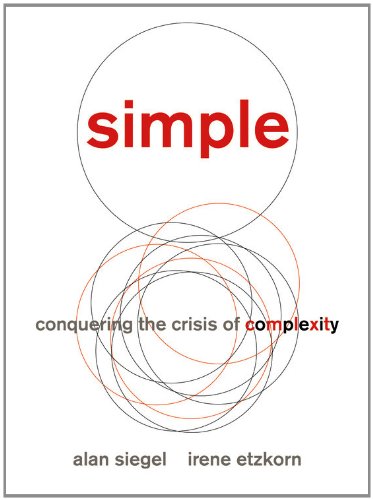Name: Albert Flynn DeSilver
Age: 50
College & Majors/Minors: University of Colorado, Boulder, Bachelors of Fine Arts-Photography, Minor in English
Current Location: School for International Training, Kenya East Africa
Current Form of Employment: San Francisco Art Institute, MFA-New Genres (writing, photography, mixed media)
Where do you work and what is your current position?
Currently work is as an entrepreneur, founder and CEO at Brilliant Writer, LLC. I teach writing & mindfulness meditation retreats and workshops internationally, write and publish books, offer online writing and mindfulness experiences, and sell digital courses and programs, all through my website at www.brilliantwriter.com/free-book and www.albertflynndesilver.com
Tell us about how you found your first job, and how you found your current job (if different).
My first job out of college was as a house painter, I then moved to California for grad school, and worked at a bookstore, being a runner at a landscaper architecture firm, guided backpacking trips for kids, and then eventually found the California Poets in the Schools program, which placed professional practicing poets in classrooms throughout California in order to teach kids about the art of writing. I found them at an art festival in San Francisco and asked how I could participate. At the time I had very little teaching experience and not a whole lot of work published, but I had ENTHUSIASM and determination. After lots of badgering, they let me do their apprenticeship training and then I got to observe numerous seasoned teachers in the classroom and soon wrote up my own curriculum. That summer a friend got me a teaching gig at in a summer program at a private school and I got to teach poetry for the first time. From there it all just blossomed into almost thirteen years of working with thousands of kids from all walks of life all over Northern California.
What was another writing-related job that was important in your career?
I think an important writing-related job was working in a bookstore, where I could imagine my book some day gracing their shelves—and a few years later my dream became a reality. Also being around books and READING all the time is so crucial for our writing. This is where we learn how to craft great sentences and get to see how other writers are perpetuating the evolution of language!
What did you do in college to prepare for your post-grad life?
The most important thing I did in college to prepare me for post-grad life was travel abroad in East Africa. Wow, did that ever give me perspective on my white male privilege! It really opened up my perspective to the vast diversity of the world and how important it is to take other people’s world views, experiences, and cultural traditions into account—all that we can learn and celebrate in shared humanity from people with very unique and different experiences from our own.
““Never forget the power of writing and literature to change lives! You CAN make a great living as a writer and lover of literature, you just have to stay focused, committed, and determined.””
What is your advice for students and graduates with an English degree?
For those of you who have graduated with an English degree, never give up on your love and passion for literature and writing, your big dream—of writing the next great American novel or being the next great transformational teacher of literature, or whatever it is for you. Your English degree can serve you in unexpected ways throughout your life and working career. Never forget the power of writing and literature to change lives! You CAN make a great living as a writer and lover of literature, you just have to stay focused, committed, and determined. Be creative, consider how you can leverage new technologies, and especially how you can serve others in a different way through your unique story and experiences. Cultivate community, join writing and reading groups and communities, or start your own. This is how we stay engaged and connected to our passion for writing and reading. Study the innovators and their habits. It’s amazing the kinds of writing, reading, and literature organizations (and companies) people are creating online these days, all-the-while making a great living, and a great difference doing it!









































































